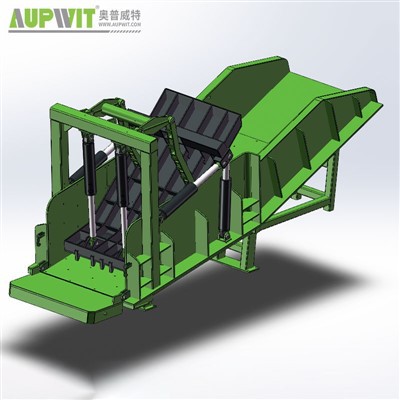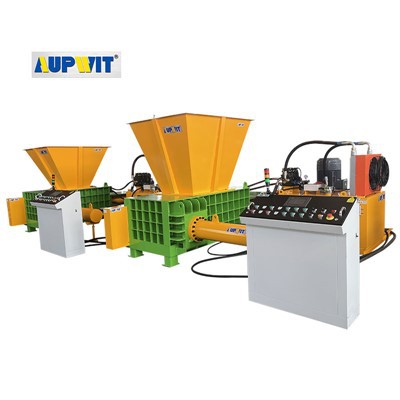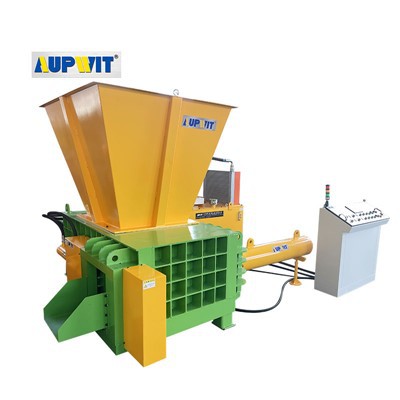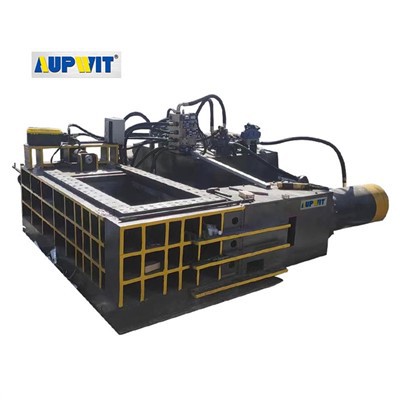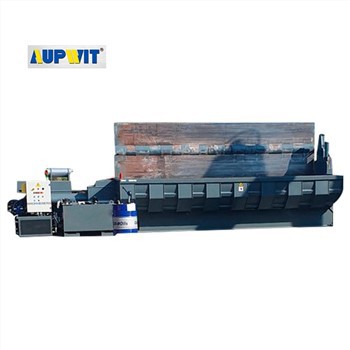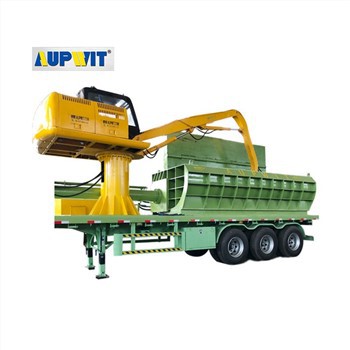Introduction
With the growing demand for recycling and sustainable resource management, metal compactors have become an essential machine in scrap processing facilities, recycling centers, and manufacturing industries. A metal compactor is designed to compress and reduce the volume of metal scrap, making storage, transportation, and recycling more cost-effective and environmentally friendly.
What is a Metal Compactor?
A metal compactor is a heavy-duty machine that applies mechanical force to compress different types of scrap metals such as aluminum, steel, copper, and iron into dense, manageable blocks or bales. These compacted forms simplify handling, reduce storage space, and prepare the material for further recycling processes like smelting.
Types of Metal Compactors
1. Hydraulic Metal Compactor
-
Uses hydraulic pressure for high compression force
-
Suitable for heavy-duty scrap like steel plates and car bodies
2. Vertical Metal Compactor
-
Compact design for smaller workshops
-
Ideal for light to medium scrap metal volumes
3. Horizontal Metal Compactor
-
Continuous feeding and higher capacity
-
Best for large-scale scrap yards and recycling facilities
4. Portable Metal Compactor
-
Mobile design for on-site scrap processing
-
Widely used in demolition projects and construction sites
Benefits of Using a Metal Compactor
-
Space Saving: Compresses bulky scrap into dense blocks
-
Cost Efficiency: Reduces storage and transportation costs
-
Environmental Protection: Promotes recycling and reduces landfill waste
-
Operational Safety: Minimizes loose scrap handling risks
-
Improved Recycling Value: Delivers cleaner, uniform bales to smelters and recyclers
Applications of Metal Compactors
-
Scrap Yards – Managing large volumes of mixed scrap
-
Steel Plants – Preparing recycled steel for smelting
-
Automotive Industry – Compacting car bodies, aluminum rims, and engine parts
-
Manufacturing Facilities – Handling offcuts, defective parts, and production waste
-
Construction and Demolition – Processing rebar, pipes, and structural steel
How to Choose the Right Metal Compactor
When selecting a metal compactor, consider the following factors:
-
Type of Scrap: Light aluminum vs. heavy steel waste
-
Volume and Capacity: Daily or monthly scrap processing requirements
-
Space Availability: Vertical units for limited spaces, horizontal units for bulk processing
-
Automation Level: Manual, semi-automatic, or fully automatic operation
-
Supplier Support: After-sales service, spare parts availability, and installation guidance
Conclusion
A metal compactor is a crucial investment for businesses in the recycling and manufacturing sectors. It not only improves operational efficiency and reduces costs but also supports environmental sustainability by promoting responsible scrap management.
For companies seeking long-term value, working with a reliable metal compactor manufacturer or supplier ensures durable equipment, better performance, and customized solutions tailored to specific needs.


